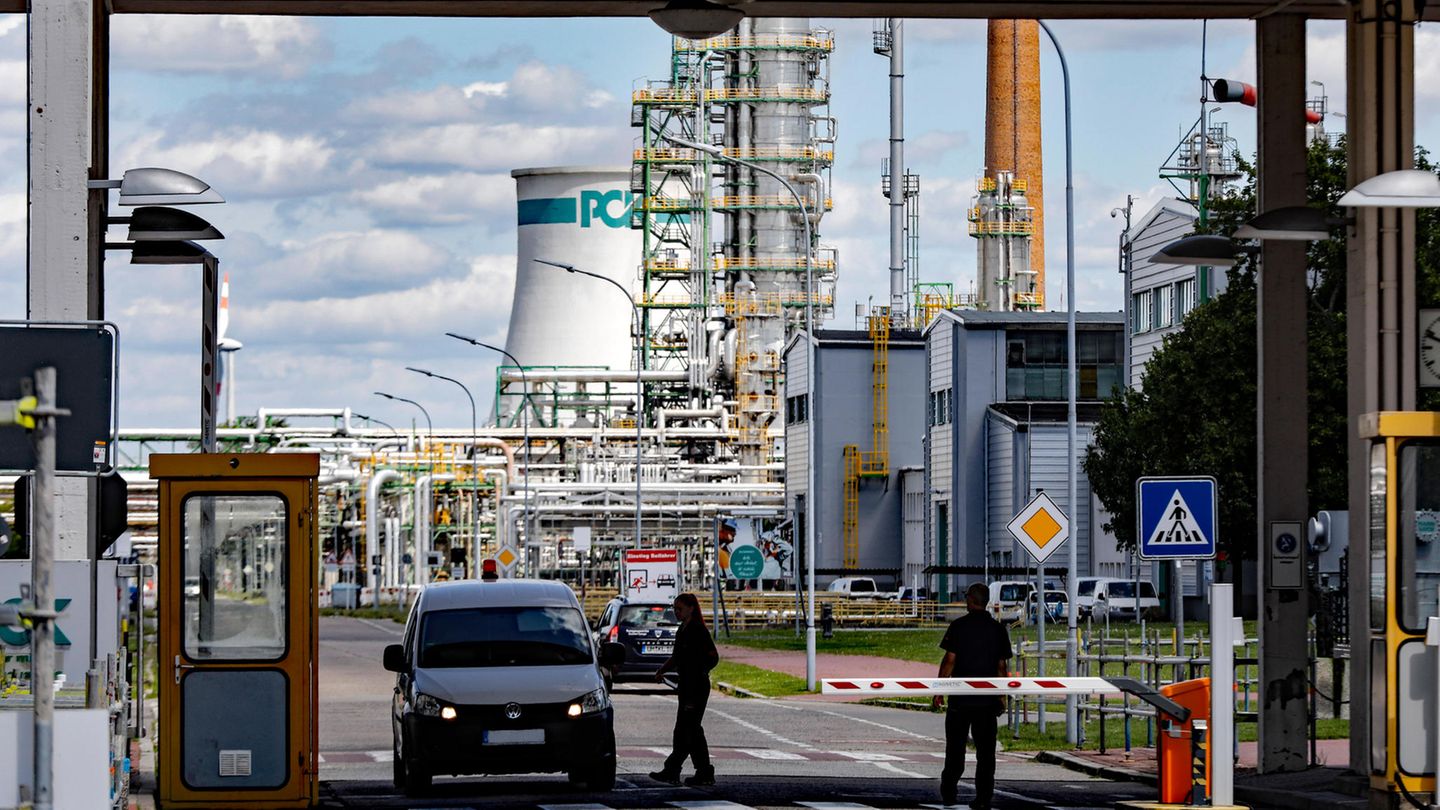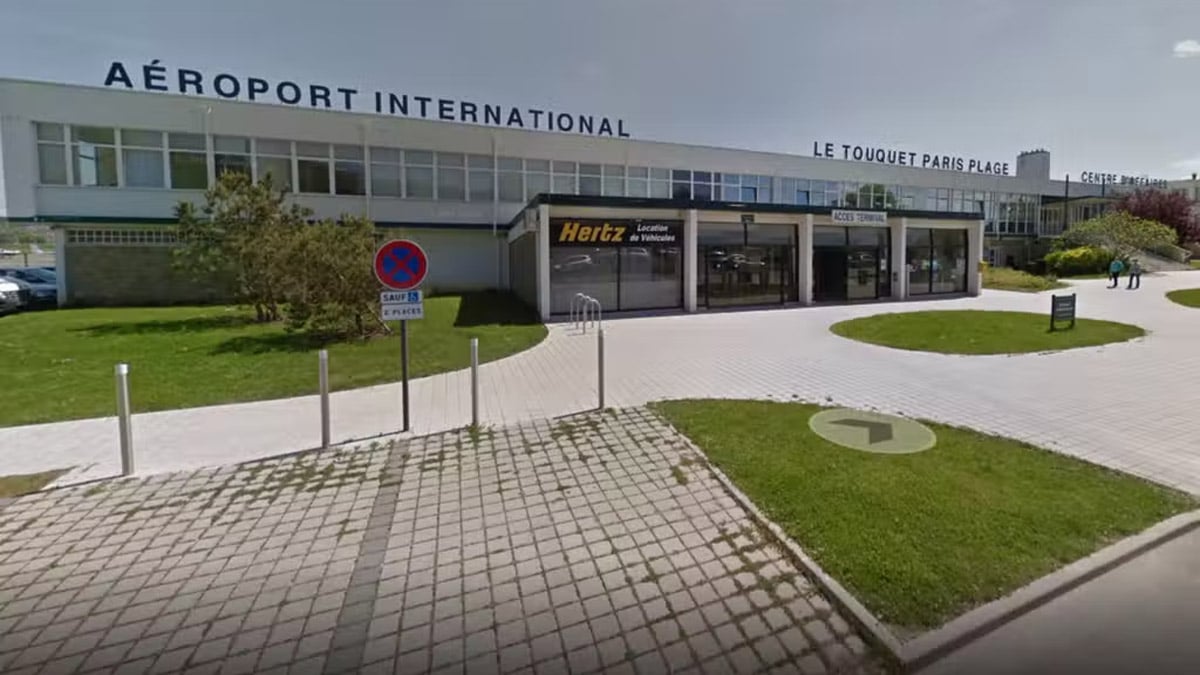Interview
refinery site
“Today a good day for Schwedt”
– View of the PCK refinery in Schwedt © IMAGO / Jochen Eckel
–
–

–
–
The federal government took control of the PCK refinery in Schwedt. It’s enough? Trade unionist Rolf Erler classifies what the move means for people on the spot and what, in his opinion, has yet to follow
–
–
For months, people in the Schwedt refinery town have been worried about what would happen if Russian oil stopped flowing into Germany by the end of the year. Until now, the refinery was owned by the majority of the Russian state company Rosneft. Now the federal government has taken over and put Rosneft Germany and RN Refining & Marketing GmbH (RNRM) under trust.
At the same time, it announced a future package for a climate-neutral transformation. For Schwedt, € 825 million is available, Federal Chancellor Olaf Scholz said at a press conference on Friday, in which he also addressed the refinery employees directly and said that no one should fear for their work. How is it received locally? Rolf Erler, district manager of the IGBCE union, tells in an interview with Capital.
Mr. Erler, you have been in Schwedt and the region for months and have listened to people’s concerns firsthand. Were you relieved to learn that the federal government had taken control of the refinery?
Naturally. Changing the ownership structure is a very important step. There were growing signs that other companies no longer wanted to work with the refinery. This would lead to more and more blocks in the future. Facts that give people security are finally on the table. In the press conference, the Federal Chancellor addressed the employees directly and assured them that no one should fear for their work.
You are in the Schwedt refinery. How is the atmosphere there?
The works councils are happy that what they have been calling for months with us as a trade union, namely the protection of employees, is taking shape and that funds are being made available for infrastructure projects in order to bring Schwedt and the region into a good future. This for us is the news of the day.
And what about the employees?
For many, this will be a great relief. But it will probably take a few more days for the mood to really calm down and rejoice. People need to see that what has been announced is actually happening.
How did you experience the last few months in Schwedt?
There was a very tense atmosphere between the people inside and outside the refinery. You worry so much about the future. The refinery is Schwedt’s heart and backbone. Prime Minister Dietmar Woidke said the same thing today. If this breaks, it will affect the entire region. So the concerns here were huge and there was a lot of public speculation about the future of the refinery. This obviously led to great uncertainty.
What do you think the next steps should be?
Today we are at the beginning of a path that will certainly be longer and on which there may also be a stumbling block. When oil no longer flows from Russia to Schwedt via the Druzhba pipeline at the end of the year, the pipeline from Rostock to Schwedt will have to be “upgraded”. This is the heart of the task. And we all know that construction projects can go wrong, that they are sometimes delayed. We will also have to clarify what happens if less oil arrives in Schwedt and the refinery does not operate at full capacity. As a union we ask that everyone earn the same money as now. So there will be problems, but I am confident that we are on the right track. After months of worrying, today is a good day for Schwedt.
–


